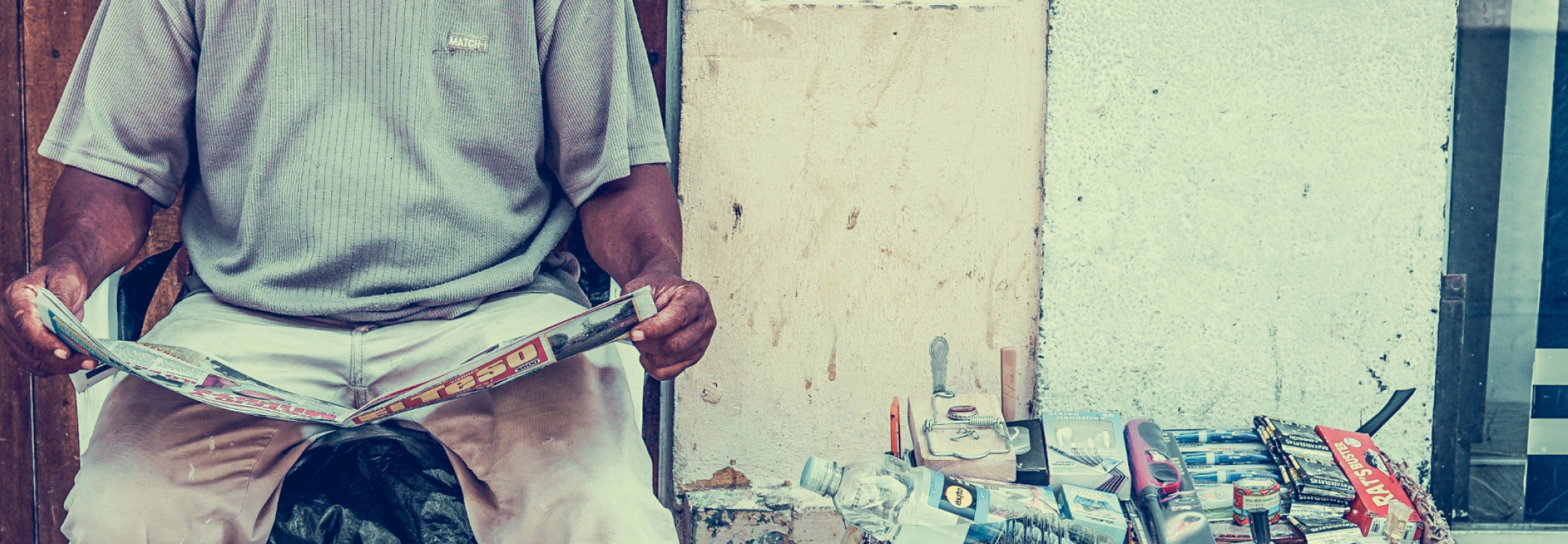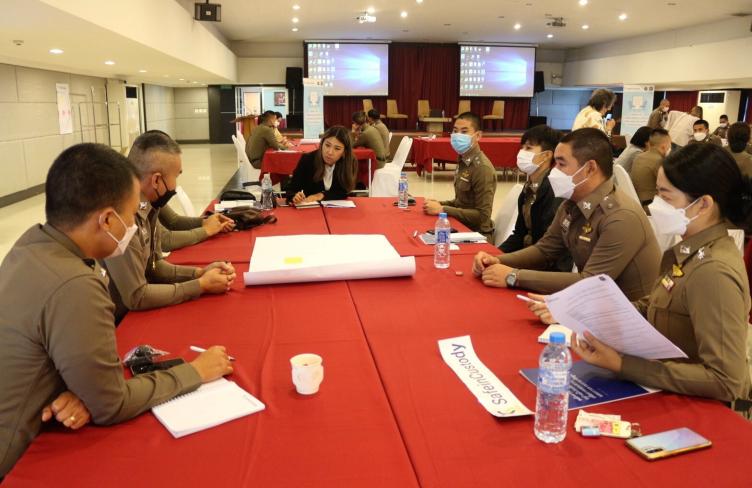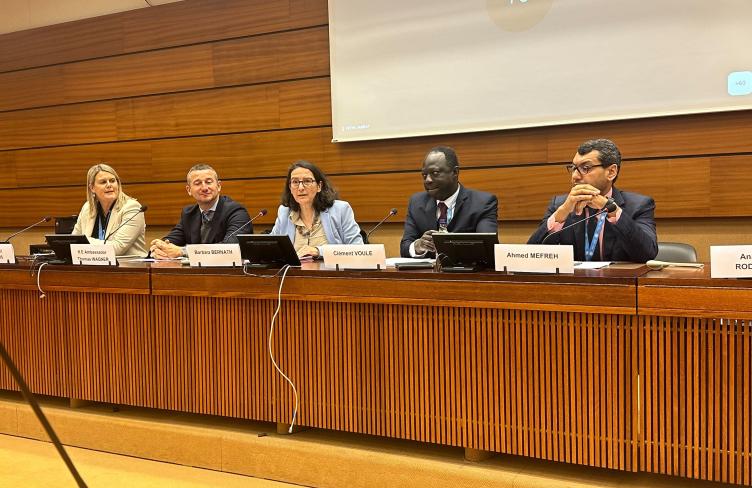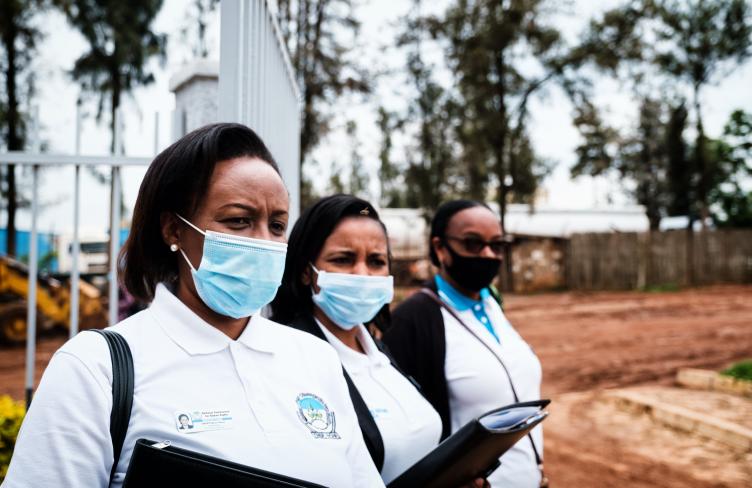Since the recent transition to democracy, the Maldives have taken a clear stance on preventing torture and ill-treatment in prisons and other places of detention. For instance, the Maldives ratified the Optional Protocol to the UN Convention against Torture in February 2006, an international treaty which aims at protecting people who are held in detention against torture and other ill-treatment. Following their ratification, the Maldives agreed to set up an independent body, the National Preventive Mechanism, to regularly visit prisons, police detention centres, drug rehabilitation centres and other places of detention.
It is the National Human Rights Commission of the Maldives which plays the role of National Preventive Mechanism since 2007. It has been conducting visits to places of detention to prevent torture and other abuses since 2009. It produces reports and recommendations on the conditions of detention, the treatment of persons detained and proposes solutions to improve the situation. The Human Rights Commission established a dedicated department on torture prevention, with specific staff and a dedicated budget, demonstrating the priority given to the issue of torture prevention. Following APT’s training and advice on visiting places of detention, the Human Rights Commission developed and strengthened its working methods over the years to become one of the most operational preventive bodies in the Asia and Pacific region.
Furthermore, the Maldives was the first State to receive a visit in 2007 by the international body newly created by the Optional Protocol, the so-called Subcommittee on Prevention of Torture (SPT). Following its visits to various places where people were detained, the Subcommittee presented a confidential report to the State with numerous recommendations for change. The Maldives decided to publish the report, demonstrating their commitment to transparency and willingness to prohibit torture and other abuses in detention.
After a few years of monitoring places of detention under the umbrella of the Optional Protocol, it was time to gather all actors involved in preventing torture in the Maldives. The Optional Protocol foresees the obligation for states authorities, national preventive mechanisms and the Subcommittee to cooperate and to enter into dialogue to decrease the risks of torture and ill-treatment to occur. Getting all the relevant actors around the table responded to the need to explore how, in practice, this dialogue can occur and what forms it can adopt. The participation of a member of the Subcommittee, Mr Olivier Obrecht, was an essential element to this dialogue.
The national dialogue was convened by the Ministry of Foreign Affairs, in cooperation with the Ministry of Home Affairs, in July 2011. The APT facilitated the discussions relating to the following issues: the obligations of each actor under the Optional Protocol, in particular regarding the dialogue on how to implement the recommendations; and the changes that the Optional Protocol brought in the Maldives since its ratification in 2006. The dialogue was divided into two sessions: the first being a closed session between states authorities, the Human Rights Commission and the Subcommittee; the second session included the views of civil society organisations, representatives from the judiciary and media. All participants agreed to continue to hold regular discussions to take stock of progress in relation to the situation of torture and ill-treatment, in a spirit of cooperation and trust.



